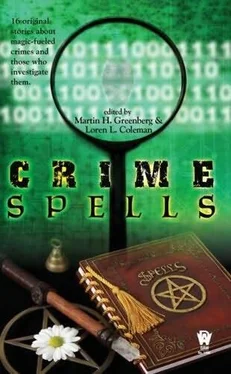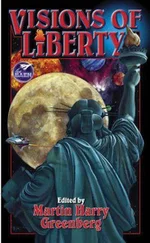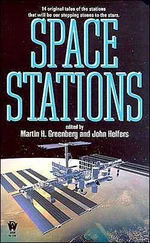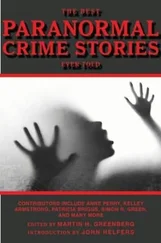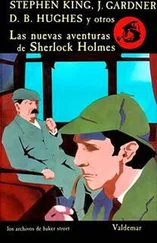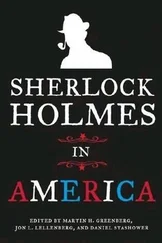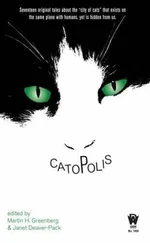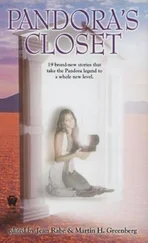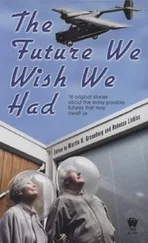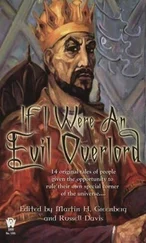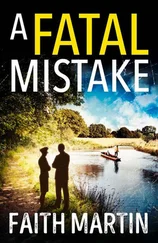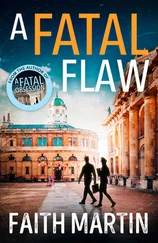My words are both a lie and a truth, depending on how far away from the moment one is willing to stand. Together we set out down the track amid summer’s brambles and the wind-flattened heads of wild grass caught gold and sharp beneath the noonday sun.
Neverance is a town of small blessings. There is enough of a river to water the horses and fields in all seasons, though it will not sustain navigation from the metropolii far downstream. There are groves of chestnuts and hoary pear trees to lay forth autumn’s windfall and provide children with ladders to the sky come spring. The first white men to settle here had possessed more ambition than sense and so laid strong foundations of stone quarried from the surrounding hills for the city that never came.
In sum, Neverance is a town typical of these mountains-nestled in a valley between tree-clad peaks, sheltered from winter’s worst excesses, surrounded by bounteous fields bearing hay and corn and the small truck grown on hillsides by farm wives and those too old to harness a team to work the larger plantings. The cattle now standing with their faces away from the remorseless wind, clumped like crows on a kill, are symbols of sufficiency as surely as the great beeves of ancient myth.
Wealth, no, but neither is life is too difficult here. Some, especially women fallen on hard times, live at the edges. Most people in the valley show their faces in church on Sunday with a smile. A turnpike might come someday, or even a railroad ushering the restless through the ever-moving Western Gates, but for these years Neverance slumbers amid its quiet dreams of pumpkins and smokehouses and the peal of the school bell.
Not this day, though.
There is a crowd outside Haighsmith’s Dairy. They huddle like the cattle against the wind. Despite the name, the dairy is a co-op serving farmers and townsmen alike. Maybelle leads me to the back of the kerfuffle, intent on pushing through the mass of shoulders to the door, but I tug at her elbow to halt our progress.
At my touch a spark passes between us with an audible crack, tiny lightning raised by the dry wind. Her face flickers with a fragment of pain as she turns toward me.
I cup my hand and speak close to her ear. “I should like to remain out here a few moments, to observe.”
Maybelle scowls, an expression that suits her poorly, but she nods. Taking that as my permission, I study the people who crowd the door of the dairy.
Most are known to me. Farmers in their denims and roughspun blouses, townsmen wearing wool trousers and gartered cotton shirts, a scattering of women bustled and gowned for the sake of their appearance before one another. The wind has stolen a few hats and sent hair flying, so this assembly bears an unintentionally disrupted aspect, as if some tiny demon of disorder has descended upon Neverance’s well-starched citizens.
What I do not see in evidence are firearms or ropes or shovels. This is not a lynching awaiting its moment. These people are worried, frightened even, but they have not turned to hunters of blood.
The bottles would have told me if they were.
I listen now for whispers in the windows, echoes of truth, but the wretched wind snatches so much away out here in the street. Instead I nod to Maybelle, and we push forward.
To my surprise the crowd parts like loose soil before a plow.
Thin as a fence rail and with a face just as weathered, Caleb Witherspoon sits upon a coffee-stained settee in the co-op manager’s office. In here the howling wind is little more than a murmur, a substitute for the voice of the crowd waiting outside for justice, or at least law. The room reeks of male fear and rage mixed in a sour perfume all too familiar to me.
The manager has absented himself before the face of justice, but in his stead is Ellsworth Clanton, the elderly beadle from Neverance’s sole church. Clanton stands shivering with age beside Witherspoon, hiding a hard smile that he cannot keep from lighting his eyes as he clamps a hand on the preacher’s shoulder. Mister Cromie is also present, who would be municipal judge if Neverance had the formality of a city charter. Still, he wears black robes and mounts a bench to pronounce marriages, hear suits and sign the certificates of death. Though not smiling, he too seems strangely pleased for someone officiating over a murder.
I am witnessing the fall of a man.
Clearly it matters nothing what Caleb Witherspoon has actually done, whether Maybelle has the right of her father’s innocence. His years of uncompromising rectitude have layered old scars in everyone around him, the memories of which still burn within angry hearts throughout Neverance.
Though I have not lived here so long, being one of the few immigrants in living memory, I know well enough for what sorts of sins these countrymen punish one another. They can be read so easily.
Clanton the beadle always craved the pulpit for himself. He nurses a coal of resentment in his heart for Witherspoon as the faith holder who took the word of God from his mouth. There is old blood between them, a thorn prick scarred by time and never healed.
Cromie rushes to judge lest he be judged himself. Of his misdeeds I hold more certain knowledge, having emptied the wombs of two of his daughters by the dark of the moon in my years here. Not long after my attentions, his Ellen Marie drowned herself in the mill pond. Jeanne Ann is long since married to Fred Sardo’s son and lives at the high end of the valley, where they tend nut orchards and rarely come to town. I doubt Cromie will ever see his grandchildren except in church.
Caleb Witherspoon has measured all of these men time and again and found them wanting in his holy scales on each occasion. Now that the preacher is caught on the point of justice, they have no more mercy than ferrets on a rat.
Maybelle has requested a Foretelling. Even so, I know without asking that these men desire a Truthsaying, which they might use as a cloak for the vengeance each nurses in his heart.
“Do not tell me aught.” I address Cromie, for he is the power in this room. “I know there has been a murder, and I know where the blood is found. Let me first do my work untrammeled by testimony, then we shall see what we shall see.”
“He is guilty, Thorne.” Cromie’s voice is cold as a child’s headstone. “There does not even need to be a trial, except for the form of the thing.”
I meet Cromie’s slate-gray eyes. “Then why did you trouble to send for me?”
“I did not.”
Though I do not glance at Maybelle, I know she blushes like the fires of dawn. I ask the next question, the true question. “If I am unsent for, why did you await my coming?”
Though the words seem to choke him, Cromie manages to spit an answer. “I could do nothing else.” This time he looks at the girl.
There is nothing more to be said. I shed my cloak, sweep the dairy’s business journals off a small table, and set out my inkwells.
These are the essential inks with which I sketch the visions of my art. You will forgive me if I do not tell the precise secrets of their processes of creation.
Culpability -Made from lampblack and the ashes of a hanged man’s hand. It smells of a last, choking breath.
Vision -Made from the humors of an eagle’s eye and the juice of carrots, much reduced. A sharp scent of nature.
Realization -Made from photographer’s chemicals and the bile of a dying child, strained through pages torn from Latin Bibles. Tingles the sinuses like an insult not yet forgotten.
Action -Made from paraffin and the crushed bodies of bluebottle wasps. Stings the nostrils as if to sneeze.
Regret -Made from grave dust, the tears of a nun, and the juice of winter apples. A musty odor that will close your throat if you are careless.
Читать дальше
